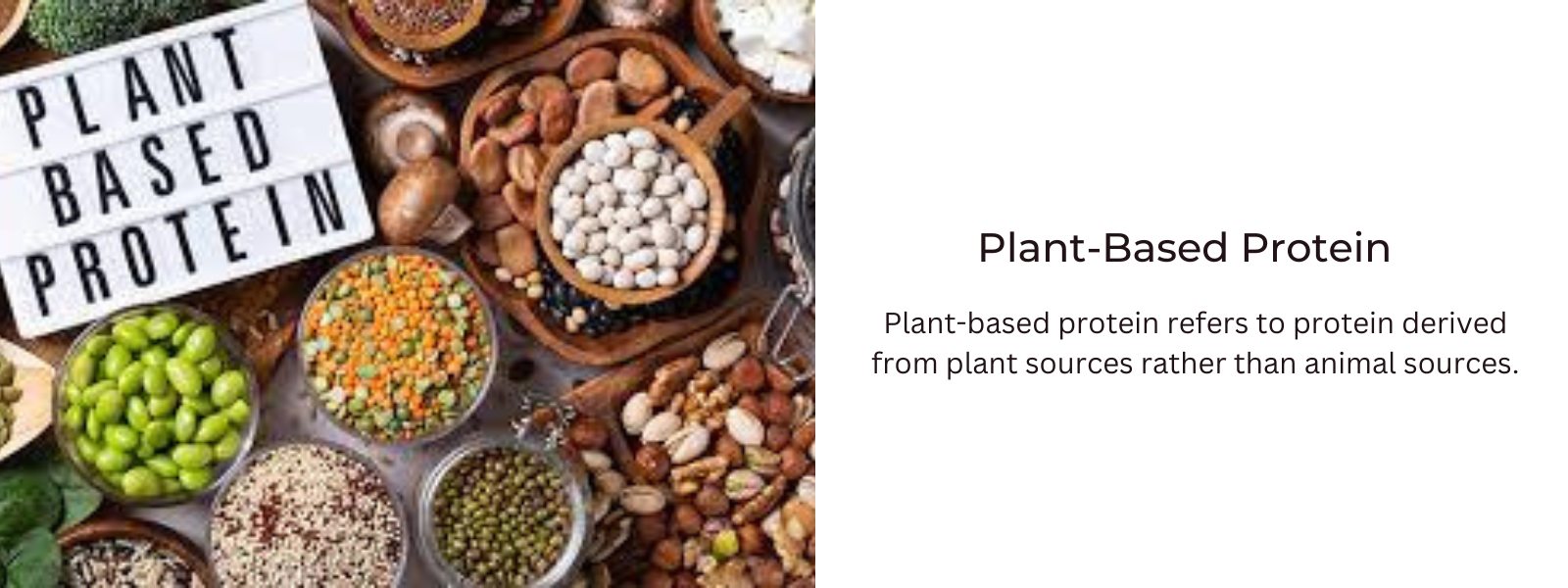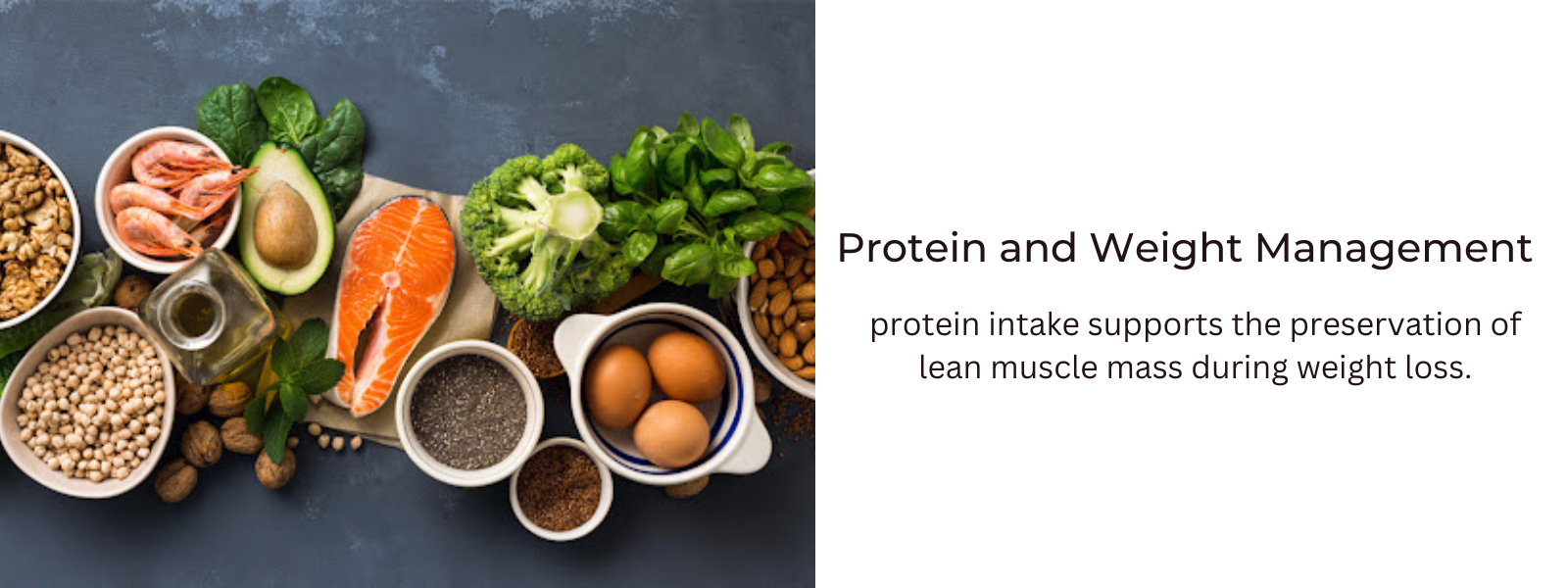Protein significantly influences metabolism, playing a pivotal role in boosting the body's energy expenditure and overall metabolic rate. Its impact stems from several key factors: Firstly, the thermic effect of food (TEF) for protein is higher than that of fats or carbohydrates, requiring more energy for digestion and metabolism, thereby increasing calorie expenditure. Secondly, protein supports muscle maintenance and growth, fostering a higher resting metabolic rate by preserving lean muscle mass. This assists in burning more calories even at rest, aiding in weight management.
Table of Contents
Protein's Impact on Metabolism:
Several factors contribute to protein's impact on metabolism:
- Thermic Effect of Food (TEF): Protein has a higher TEF compared to fats or carbohydrates. This means the body expends more energy (calories) digesting and metabolizing protein, contributing to increased calorie expenditure and a temporary rise in metabolic rate after consumption.
- Muscle Maintenance and Growth: Protein is essential for maintaining and building lean muscle mass. Higher muscle mass supports a higher resting metabolic rate, meaning the body burns more calories even when at rest, aiding in weight management and metabolic health.
- Satiety and Appetite Control: Protein-rich foods promote feelings of fullness and satiety, reducing overall calorie intake and potentially aiding in weight loss or weight maintenance by regulating appetite and reducing hunger.
- Regulation of Hormones: Protein influences hormones that regulate metabolism, hunger, and satiety, such as insulin, ghrelin, and leptin. This hormonal balance contributes to better appetite control and metabolic function.
- Tissue Repair and Energy Production: Proteins are the building blocks of tissues and enzymes, crucial for repairing tissues, supporting various bodily functions, and facilitating energy production.
What Is Metabolism?
Metabolism refers to the collective chemical processes occurring within the body that convert food into energy to sustain life. It involves various biochemical reactions that break down nutrients from food into energy, building blocks for tissues, and substances required for bodily functions. Metabolism consists of two primary components:
- Catabolism: This involves breaking down larger molecules into smaller ones to release energy. For example, the breakdown of carbohydrates, fats, and proteins into simpler forms such as glucose, fatty acids, and amino acids.
- Anabolism: This includes the synthesis of complex molecules needed by the body, using the energy released during catabolism. Anabolic processes build larger molecules like proteins and nucleic acids from smaller units.
Importance Of Metabolism:
Metabolism is essential for several reasons:
- Energy Production: It provides the energy needed for all bodily functions, including breathing, circulation, digestion, and physical activities.
- Cellular Function: Metabolism supports the maintenance, repair, and growth of cells, tissues, and organs in the body.
- Nutrient Processing: It helps convert nutrients from food into substances the body can use for energy, growth, and repair.
- Regulation of Hormones: Metabolism plays a role in the production, breakdown, and regulation of various hormones that control bodily functions.
-
Body Temperature Regulation: It contributes to regulating body temperature by generating heat through energy production.
Importance Of Maintaining Healthy Metabolism:
Maintaining a healthy metabolism is crucial for overall health and well-being. Factors such as age, genetics, body composition, activity level, and diet can influence metabolism. A balanced diet, regular physical activity, proper hydration, and adequate sleep are vital for supporting a healthy metabolism. A well-functioning metabolism helps sustain life by ensuring cells receive the necessary energy and nutrients to perform their functions efficiently.
How To Incorporate Protein To Maintain Healthy Metabolism:
Protein plays a crucial role in maintaining a healthy metabolism. Here's how you can utilize protein to support metabolic health:
- Sufficient Protein Intake: Ensuring an adequate intake of protein is essential. Protein-rich foods aid in muscle maintenance, which is metabolically active tissue. Higher muscle mass supports a higher resting metabolic rate, meaning the body burns more calories at rest.
- Balanced Diet: Incorporate protein sources into a well-balanced diet. Combining protein with carbohydrates and healthy fats in meals can help stabilize blood sugar levels and promote satiety, preventing overeating and supporting a steady metabolic rate.
- Regular Meals: Eating regular meals containing protein supports the body's metabolic processes and helps prevent fluctuations in blood sugar levels, keeping the metabolism functioning optimally.
- Post-Workout Protein: Consuming protein after exercise is beneficial for muscle repair and growth. It aids in replenishing amino acids lost during physical activity, supporting recovery and sustaining a healthy metabolic rate.
- Lean Protein Choices: Opt for lean protein sources that are lower in saturated fats. These choices include poultry, fish, legumes, tofu, tempeh, low-fat dairy, and lean cuts of meat.
- Spread Protein Intake: Distribute protein intake evenly throughout the day. Consuming moderate amounts of protein in each meal and snack supports a consistent supply of amino acids for various metabolic functions.
How Does Metabolism Impact Energy Level?
Metabolism significantly impacts energy levels in the body. Metabolism is the process by which the body converts food into energy. The energy derived from metabolism is essential for various bodily functions, including:
- Resting Metabolic Rate (RMR): This refers to the energy the body needs to maintain basic physiological functions at rest, such as breathing, circulating blood, and cell repair. A higher RMR means the body burns more calories even when at rest, contributing to overall energy levels.
- Physical Activity: Metabolism influences the energy available for physical activities and exercise. A more efficient metabolism helps provide the necessary energy for movement and exercise performance.
- Digestion and Nutrient Processing: Metabolism is involved in breaking down food and converting it into energy. Efficient metabolism ensures the body processes nutrients from food to provide energy for daily activities.










Leave a comment